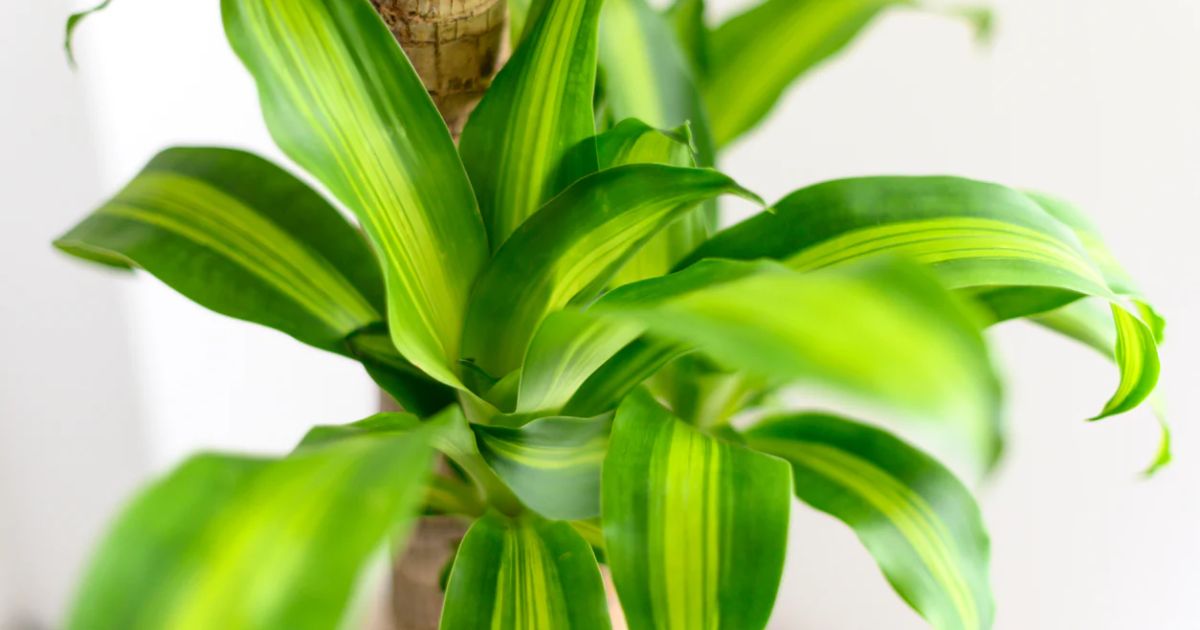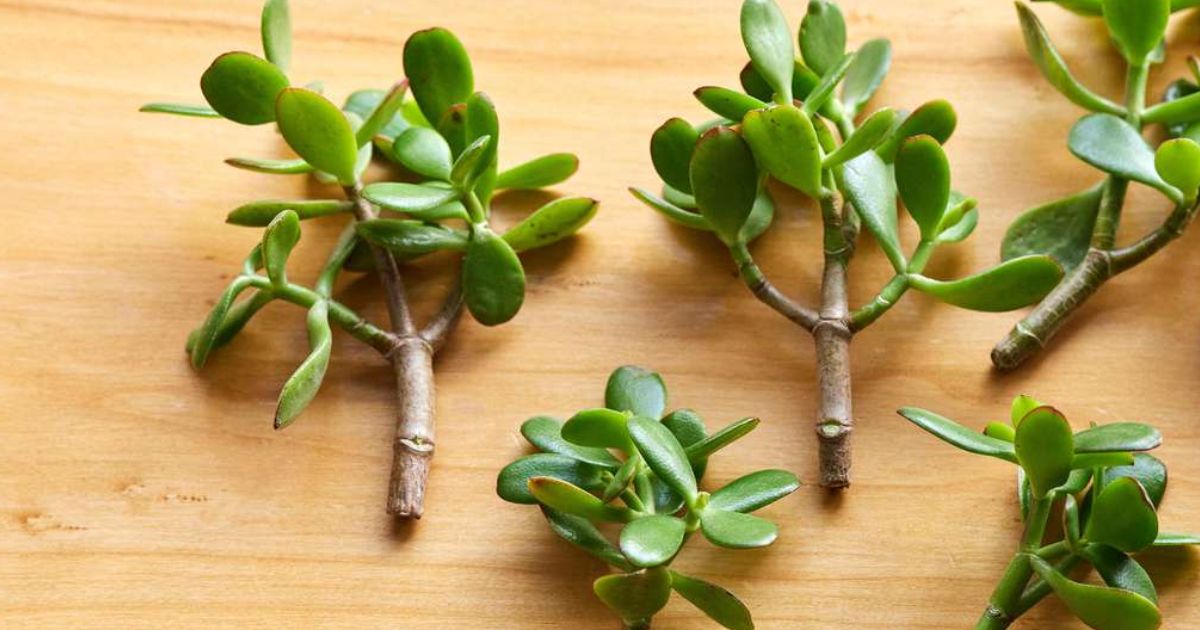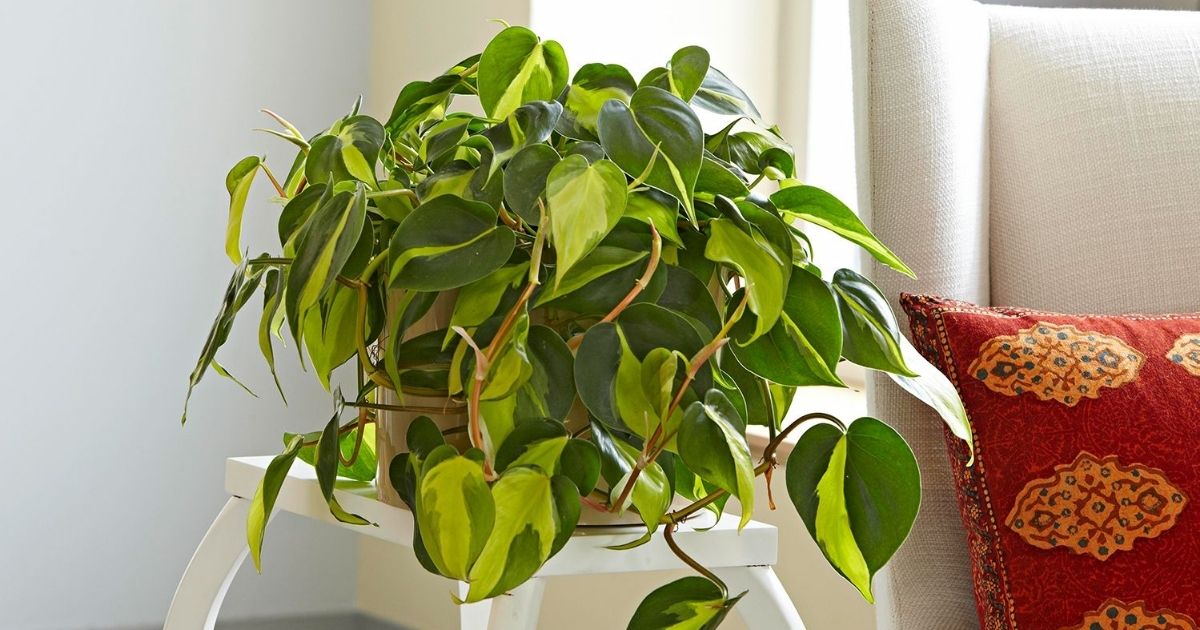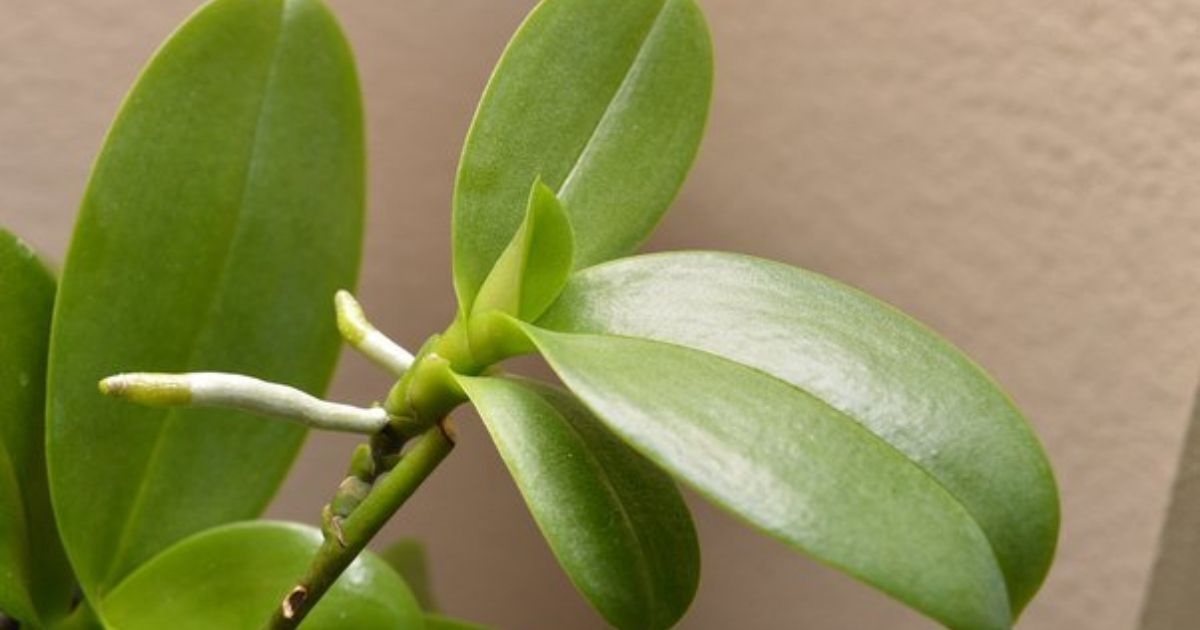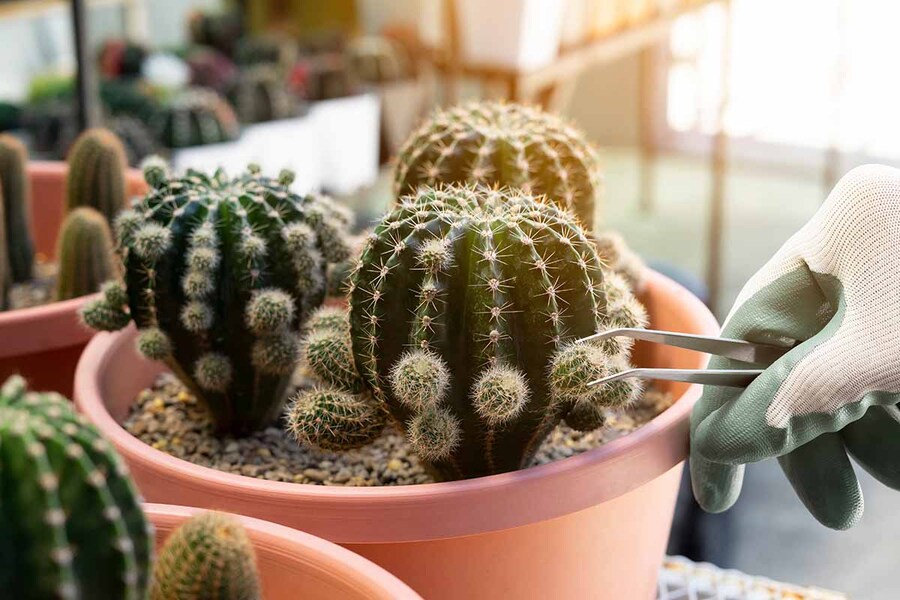8 Best Indoor Plants For Health: Easy & Beneficial
If you think indoor plants are just used for decoration, you are wrong! A systematic review and meta-analysis from 2022 explored indoor plants' beneficial effects on stress, blood pressure, academic achievement, and concentration.
Surprising fact, right? While any plant is good for the soul and can benefit your mental health and emotional well-being, below are some of the experts' top choices for the best indoor plants for health.
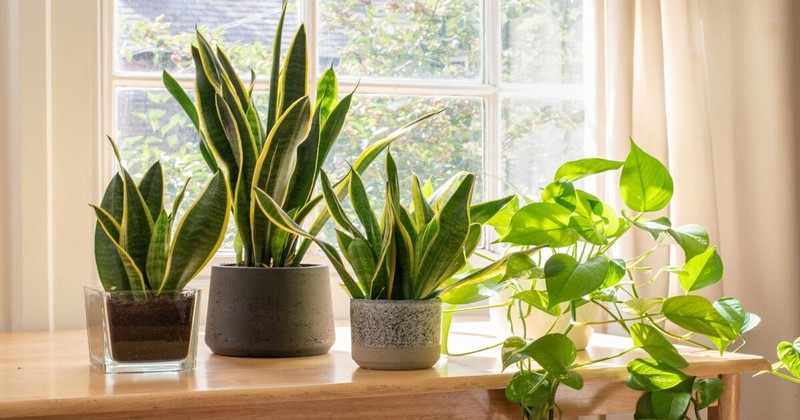
5 Benefits Of A Healthy Indoor Plant
Each plant will have different features to deal with certain problems. Peace Lily is one of the best air-purifying indoor plants, or Pothos can be used to improve the humidity.
Plants Purify The Air
Our houses are often covered with poor ventilation and inhale polluted air daily. However, indoor oxygen plants can purify the air. Therefore, 6 to 8 medium to large-sized indoor plants in a room can enhance the air quality in your house.
The 1989 NASA Clean Air Study revealed that some indoor plants could remove toxins from the air through photosynthesis.

Plants release O2 and absorb CO2 during photosynthesis. Hence, they can also absorb harmful chemicals from the air and incorporate them into their tissues. Many indoor oxygen plants can remove volatile organic compounds (VOCs) from the air.
Moreover, indoor houseplants can also boost the air quality in a sealed spacecraft. Finally, they revealed that the roots and soil of houseplants could effectively reduce airborne VOCs.
Plants May Boost Recovery From Illness Faster.
Immersing yourself in the beauty of plants and flowers may speed your recovery from surgery, injury, or illness.

A 2002 review stated that people recuperating from several kinds of surgery required less pain medication and had shorter hospital stays than the ones who did not find greenery during their recovery periods.
Plants May Improve Your Whole Outlook On Work
A city park view might increase anyone's job satisfaction level — but it might surprise you that a potted healthy indoor plant could have a similar result.

ResearchersTrusted Source interviewed 440 employees of Amazon in India and the United States. They saw that those whose workplaces had natural elements like indoor plants would have greater job satisfaction and more commitment to the company than those who didn't work around natural elements.
Hence, it is now a fact that green elements can buffer job stress and anxiety.
Indoor Plants Reduce Stress Levels
A Journal of Physiological Anthropology study found that plants in your home or office can make you feel more comfortable, soothed, and natural.
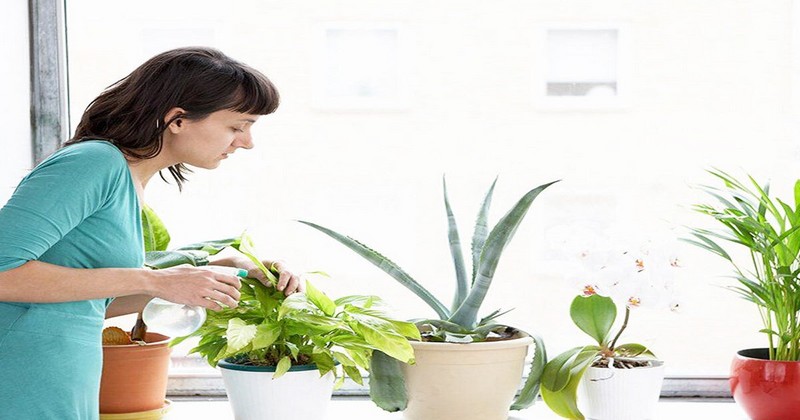
In particular, participants were given two tasks: repotting a houseplant or completing a short computer-based task. After each task, researchers measured the biological elements related to stress. They are heart rate and blood pressure.
Interestingly, they found that the indoor gardening task decreased the stress response in participants. However, the computer task caused a spike in heart rate and blood pressure, even though the study participants were young men well-accustomed to computerized work.
Real Plants Boost Your Attention.
In a small study by International Journal of Environmental Research and Public Health involving 23 participants, researchers placed students in a classroom with either a fake plant, a real one, a photograph of a plant, or no plant.
Brain scans of the participants showed that the students who studied with real, live plants in the classroom were more attentive and better able to concentrate than students in the other groups.

8 Best Indoor Plants For Health
Indoor plants are good for both mental health and environmental quality. So if you want to refresh your air quality and boost your emotions, we advise buying one of these 8 plants at your local nursery or online store.
- Spider Plant
- Peace Lily
- Rubber Plant
- Elephant Ear Plant
- Snake Plant
- Boston Fern
- Pothos
- English Ivy
Spider Plant
If you want to find some easy plants to grow, spider plants are the best choice. They don't require constant care and thrive with little investment on your behalf. They have slender leaves and are named after the "spider-like small plantlets that grow on long trailing stems," as University of Wisconsin-Madison Division of Extension stated.
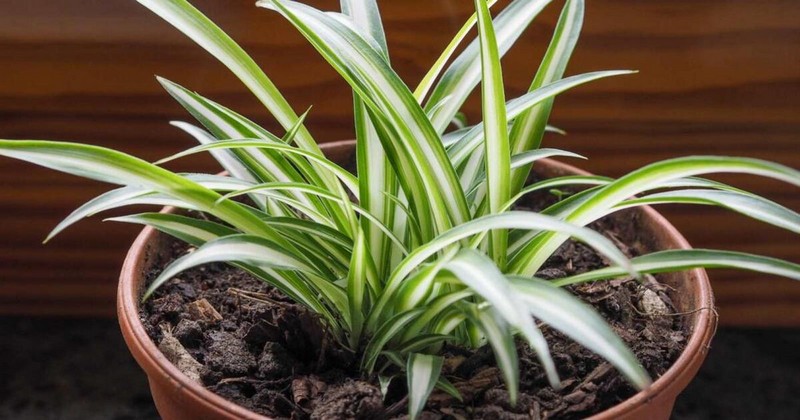
Spider plants can also purify the surrounding air. The spider plant leaves soil, roots, and microorganisms can act as a natural air filter to remove air toxins.
NASA study indicates spider plants reduced 95% of formaldehyde pollutants in a sealed Plexiglas container over 24 hours.
Peace Lily
The name "Peace Lily" definitely evokes a sense of calm. A 2022 study published in Applied Sciences found that peace lilies have air-cleaning features, which are great for removing CO2 and VOCs from the air.
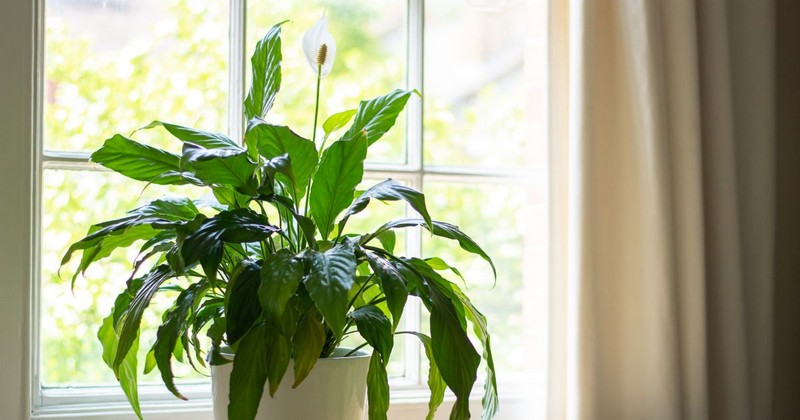
Peace lilies can live for years, providing many white flowers resembling a white peace flag. If you do not have much time to care for these indoor plants, no worries! They're easy-to-care flowers and don't require much sunlight..
But let's keep them far from pets and small children! Peace Lily can cause vomiting or tongue swelling if they're ingested.
Rubber Plant
The rubber plant has thick, broad leaves and a large surface area. These features allow for more interaction between the plant and the air, which increases the potential for capturing pollutants and toxins.
Proper rubber plant care can pick up pollutants and toxins, absorb them, and turn them into harmless components.
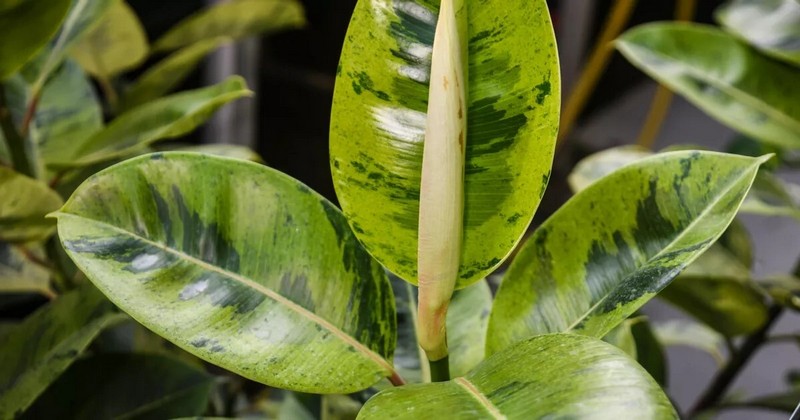
Another incredible rubber plant benefit is the elimination of CO2, freshening the air pleasant. When a rubber plant is placed in a room, it will take in the CO2 we exhale and turn it into O2. An outstanding difference in the freshness of the air.
We all know many houseplants can create allergic reactions, and that's just not what we need in our house. The rubber plant is fantastic because it provides no pollen. It is not only exhaling any unwanted pollen grains that make you sneeze, but it's also purifying the air around it as well.
See more: how to grow hydroponic plants
Elephant Ear Plants
Elephant Ear plant leaves are incredibly nutritious. They are high in protein and fiber, packing nearly 5 grams of protein and 4 grams of fiber per 100 grams of leaf. They also have a lot of vitamins and mineral components such as magnesium, calcium, potassium, iron, phosphorus, zinc, vitamin C, B vitamins, folate, and vitamins A, E, and K.
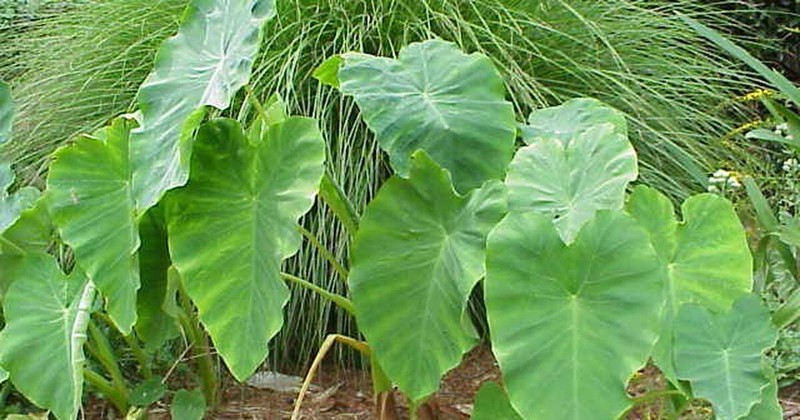
As a result, these leaves are full of antioxidants and are anti-inflammatory; they are thought to help prevent cancers, lower blood pressure, improve eye health, boost immunity, aid digestion, reduce the risk of anemia, and are considered neuroprotective.
Snake Plants
A common houseplant, the Sansevieria trifasciata (Snake plant) is native to Asia and Africa. It is famous for its evergreen sword-shaped leaves that grow upright and almost resemble artificial foliage.
Some snake plant benefits aren't scientifically proven but are widely recognized by plant experts for their benefits like:
- reduce inflammation
- heal skin wounds and burns
- help flush out parasites
- help strengthen the immune system
- relieve headaches
- support standard blood pressure
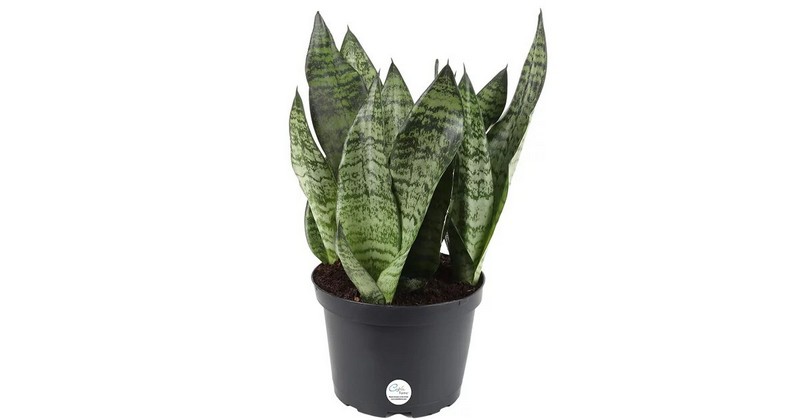
Boston Ferns
A 2022 study published in Applied Sciences showed that Boston ferns performed best in air cleaning by natural VOCs from the air. The plants grow easily when placed in hanging baskets or on plant stands, which allow their fronds to drape.
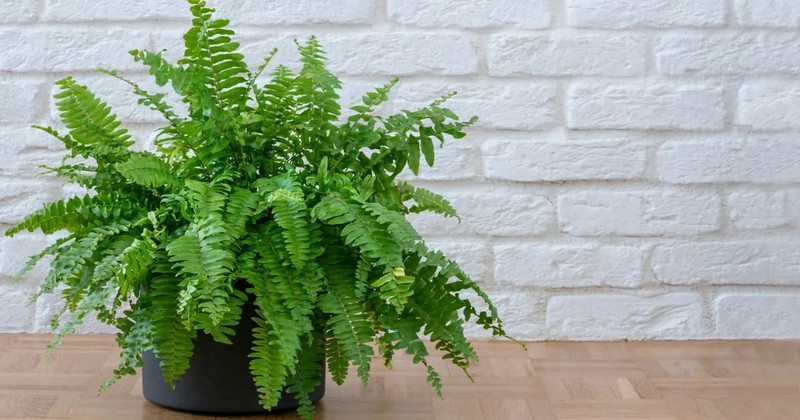
Because of these air-purifying components, the Boston Fern provides real health benefits to those with dry skin or irritably dry noses or throats.
Pothos
Humid air can protect you from colds and diseases as viruses can't be transmitted easily in moist conditions—it also keeps your skin hydrated. In contrast, dry air will be a good foundation for allergic reactions to airborne pollutants. And the perfect plant to improve humidity in your house, pothos.
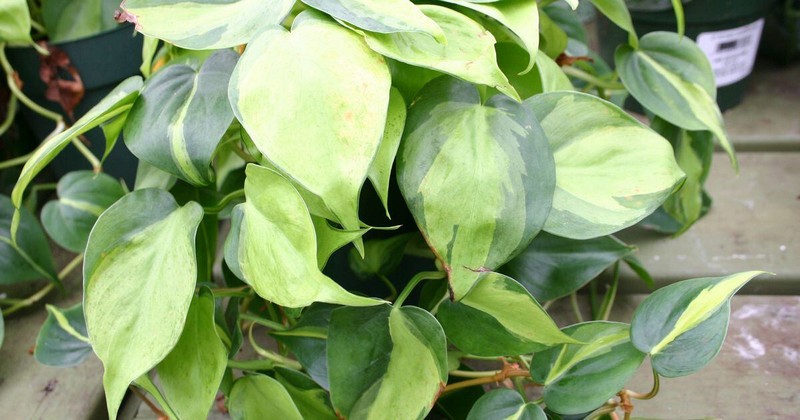
However, there's no certain research to show how many plants you need per room for increasing humidity. But the same NASA experiment also stated that golden Pothos is one of the plants that improves humidity. P
Pothos can be sustained without direct sunlight. It's a houseplant that lives even in low-lighting and drought-like areas. These plants will have less variegation and grow slowly but won't die.
See more: hydroponic systems
English Ivy
English ivy, or Hedera helix, is proven to lower levels of CO2, formaldehyde, and toxins in the air. They can be grown outside or indoors. English Ivy removed the highest percentage of benzene from the air, at nearly 90%, compared to other plants tested in the NASA study, and can also remove TCE and formaldehyde.

English Ivy is a dietary supplement that has many health benefits. It is famous for reducing inflammation, improving respiratory health, and boosting the immune system. What's more, this plant can also relieve stress and anxiety, enhance digestion, and lower the risk of certain types of cancer.
Frequently Asked Questions
What Is The Most Beneficial Indoor Plant?
Pothos indoor plant.
This plant can improve the humidity level in your house, keeping your skin always moist and preventing viruses from transmitting efficiently. Therefore, we can avoid certain diseases, such as the flu. Moreover, it filters out harmful toxins such as formaldehyde, benzene, and xylene.
Which Plant Purifies Air The Most?
The NASA study found peace lilies to be the most effective houseplant for removing TCE from indoor air pollution, removing 23% over 24 hours. The Air Oasis study found that the peace lily is the best air-purifying houseplant for TCE reduction.
Which Is The Best Indoor Plants For Positive Energy?
It's Peace Lily. In Feng Shui, this indoor plant stands for tranquillity and peace. Many people also believe it is the source of positive radiation in the surroundings. Peace Lily also helps you reduce headaches and improves your mental health well.
What Plant Has The Best Health Benefits?
Snake Plant. It can remove certain amounts of air pollutants such as:
- Benzene (a flammable, colorless, or light yellow chemical).
- Formaldehyde (a colorless, flammable gas that can cause irritation and cancer).
- Trichloroethylene (or TCE, a colorless, carcinogenic organic chemical).
As you can see, the best indoor plants for health provide a tangible, positive result for the caretaker, which can help caretakers feel more in control of their lives, something that can reduce anxiety and promote overall wellness.
Watching them grow can be soothing, promote peaceful feelings, and provide a meditative experience. If you want to learn more about healthy indoor plants, follow Benchmark Hydroponics!
